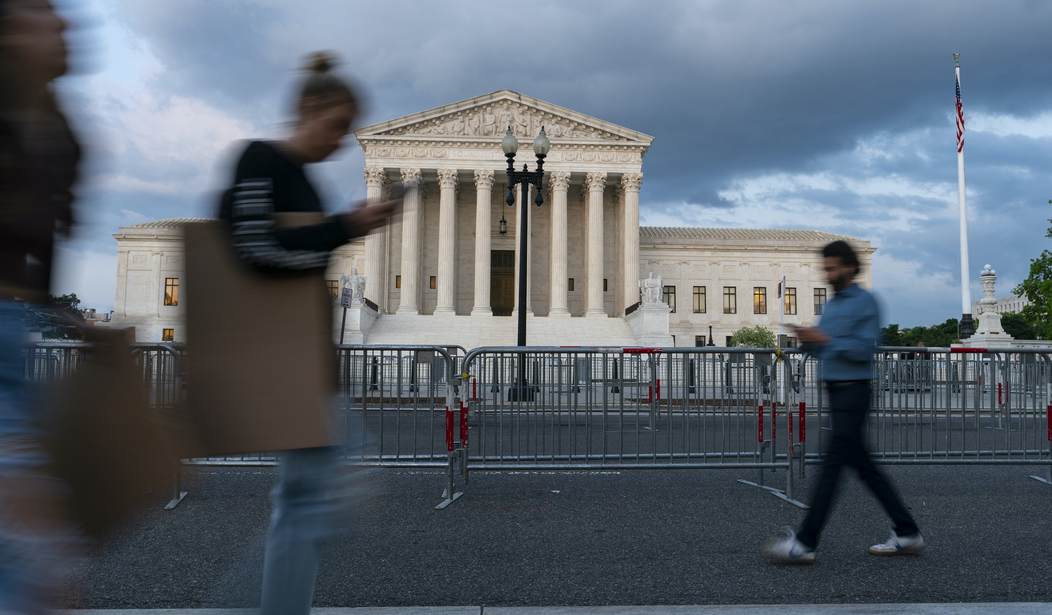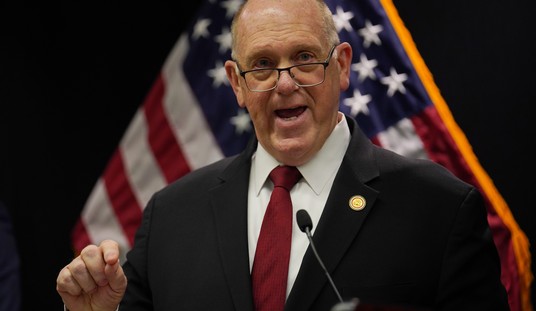The leak of the Supreme Court’s decision in Dobbs last month certainly grabbed the attention of the nation and drove the news cycle for weeks on end until the final version was handed down. It created quite a bit of wrath and acrimony in the journalism community as well, with debates over whether it was ethical for Politico to run with the story taking place. The identity of the leaker still hasn’t been made public, though it seems likely that we will eventually find out. But if we do, should that person go to jail? That’s the proposal being put forward by Senator Bill Cassidy of Louisiana. He has submitted a new bill named the Stop Supreme Court Leakers Act of 2022 and it would attempt to do just what the name implies. Prison time and hefty fines could be imposed on anyone found to have leaked an early draft of a SCOTUS decision. But is that something that could really be criminalized? And even if it could be, should it? (Townhall)
In wake of the leaked draft opinion on the possible overturn of the Roe v. Wade document, Republicans want to punish those who leak sensitive information and hold them accountable for their actions.
Sen. Bill Cassidy (R-LA) proposed a new legislation that seeks to punish anyone who is convicted of leaking a pending U.S. Supreme Court draft opinion with fines up to $10,000 and 10 years in prison.
Titled Stop Supreme Court Leakers Act of 2022, the bill would also seize any profits the leaker made as a result of their actions, claiming that the person should not receive a reward for leaking confidential information.
This just seems like an ill-advised idea that would likely run into a lot of trouble during the inevitable court challenges to follow the passage of such a law. We should first consider what actual “damages” were done by leaking the document and who suffered those damages. Yes, the information that was leaked caused a lot of progressives to become upset and take to the streets. One person even traveled to Washington to try to assassinate Associate Justice Kavanaugh.
But that was going to happen anyway when the final decision was handed down, right? All the leaker did was provide the rioters with a couple of extra weeks to print up their protest signs and stock up on the accelerants they would need to burn down Christian pregnancy crisis centers and churches. Is an act that only moves up the calendar a bit really worth a decade in prison?
Cassidy is also referring to the draft decision as “confidential information.” If that were the case, we already have laws in place covering the release of classified material. But I’m fairly sure that a draft copy of a decision that was already on the calendar to be published after it was finalized does not qualify as “confidential information.” And even if it were, such a document would need to be clearly marked as carrying a security classification. The draft copy carried no such markings.
And what of the First Amendment issues that such a bill would raise, specifically when it comes to Freedom of the Press? Information gets leaked to the press all of the time in Washington. The place leaks like a sieve. Leaks fuel a significant portion of the actual journalism that takes place there (on the rare occasions when that happens). How are we to criminalize the leaking of one specific set of transitory documents but not all the rest of the government’s inner workings?
And finally, why would such special protections be granted to only the justices of the Supreme Court? If leaking a ruling in advance is a crime, shouldn’t every judge in the land enjoy such protections? As I said at the top, none of this looks very good. The tradition of Supreme Court decisions never being leaked was precisely that… a tradition. It was never a law. If you want to ensure it doesn’t happen again, perhaps the justices need to take a fresh look at who they have working for them. And all of the journalism outlets covering the court might want to revisit their ethics guidelines in terms of what leaked material is okay to publish. The leaker wouldn’t have accomplished anything if the material wasn’t accepted and put out into the public sphere. If you’re looking for a bad guy to punish in this case, go have a word with Politico.








Join the conversation as a VIP Member